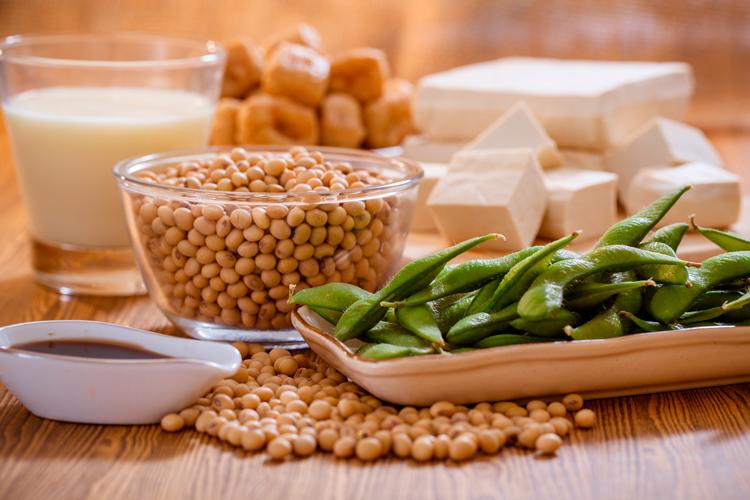
Eating large amounts of soy foods, particularly nonfermented soy, may promote the development of pancreatic cancer, as suggested in a recent study from Japan.
The analysis included 90,185 participants of the Japan Public Health Center–based Prospective Study who responded to a questionnaire on medical history and lifestyle factors, including dietary factors based on a food frequency questionnaire.
Median intake of total soy foods, fermented soy foods, and nonfermented soy foods in the entire cohort was 69.5 g/day, 27.5 g/day, and 35.5 g/day, respectively. At baseline, participants with higher intake of total soy foods were more likely to be older, have diabetes, have higher body mass index, do more physical activity, consumed more vegetables, not be current smokers, and have lower intake of alcohol and meat.
Over a median follow-up of 16.9 years, 577 cases of pancreatic cancer were documented, 314 in men and 263 in women. Multivariate Cox proportional hazards models revealed total soy food to be significantly associated with an increased risk of pancreatic cancer (highest vs lowest intake quartile: hazard ratio [HR], 1.48, 95 percent confidence interval [CI], 1.15–1.92; p=0.007).
Among soy foods, consumption of nonfermented soy food (eg, tofu in miso soup, boiled or cold tofu, pre-drained tofu, freeze-dried tofu, deep fried tofu, and soy milk) conferred a risk increase (HR, 1.41, 95 percent CI, 1.09–1.81; p=0.008), whereas that of fermented soy food had a null effect (HR, 0.96, 95 percent CI, 0.73–1.26; p=0.982).
More studies are needed to confirm the findings.